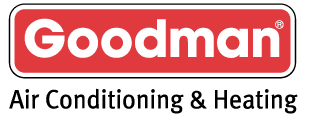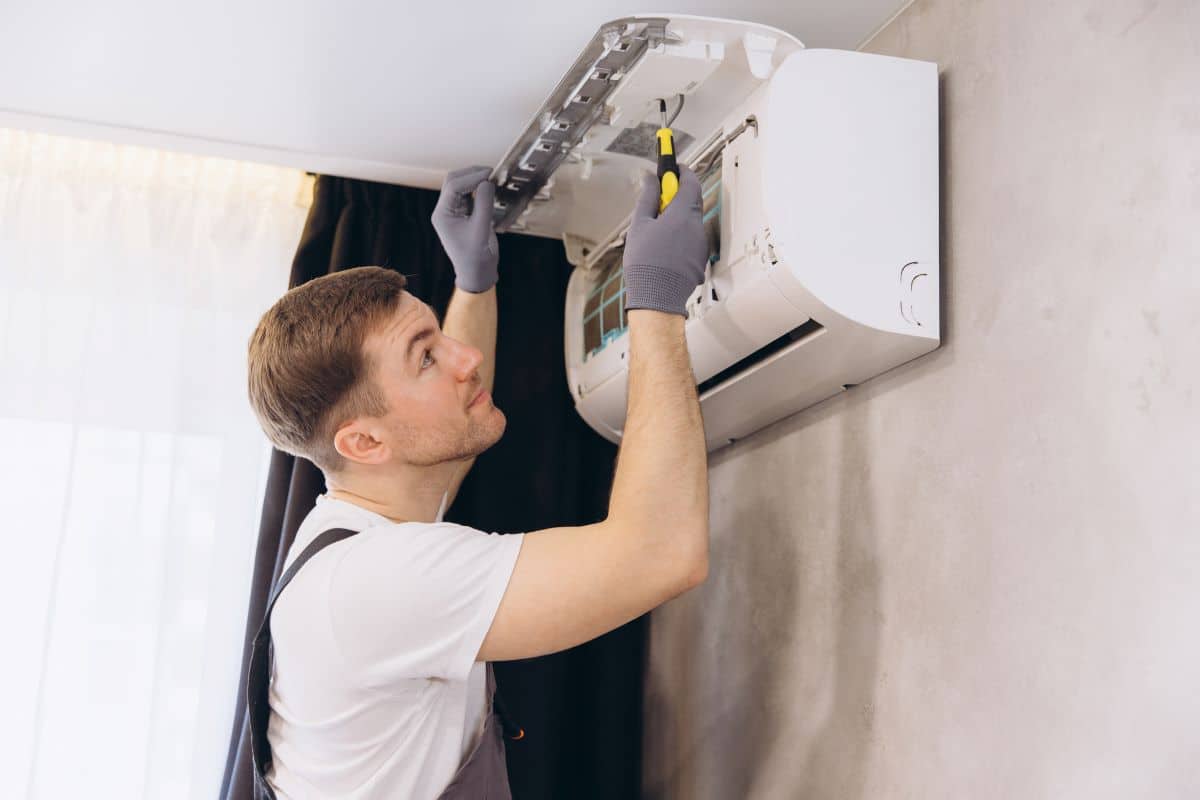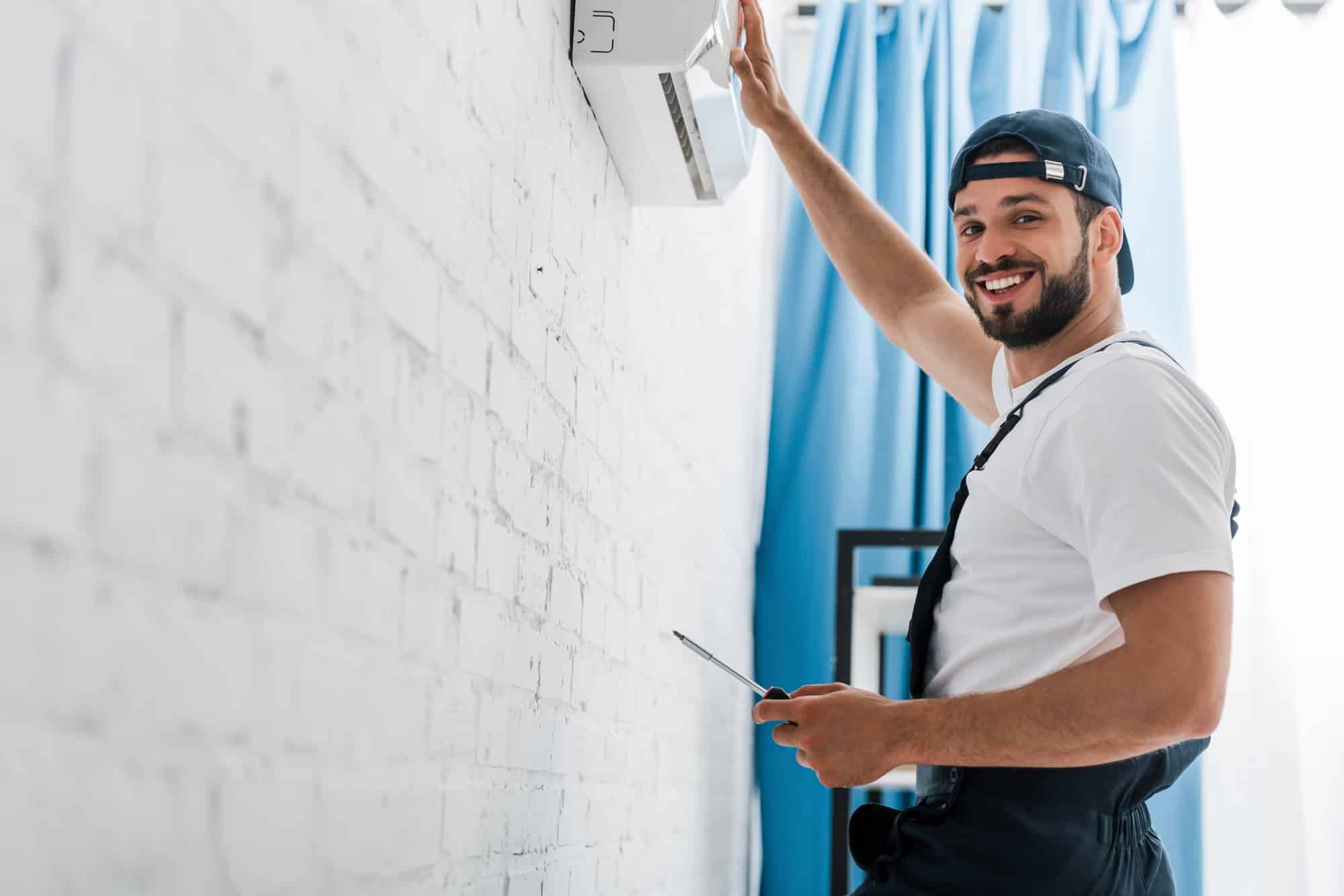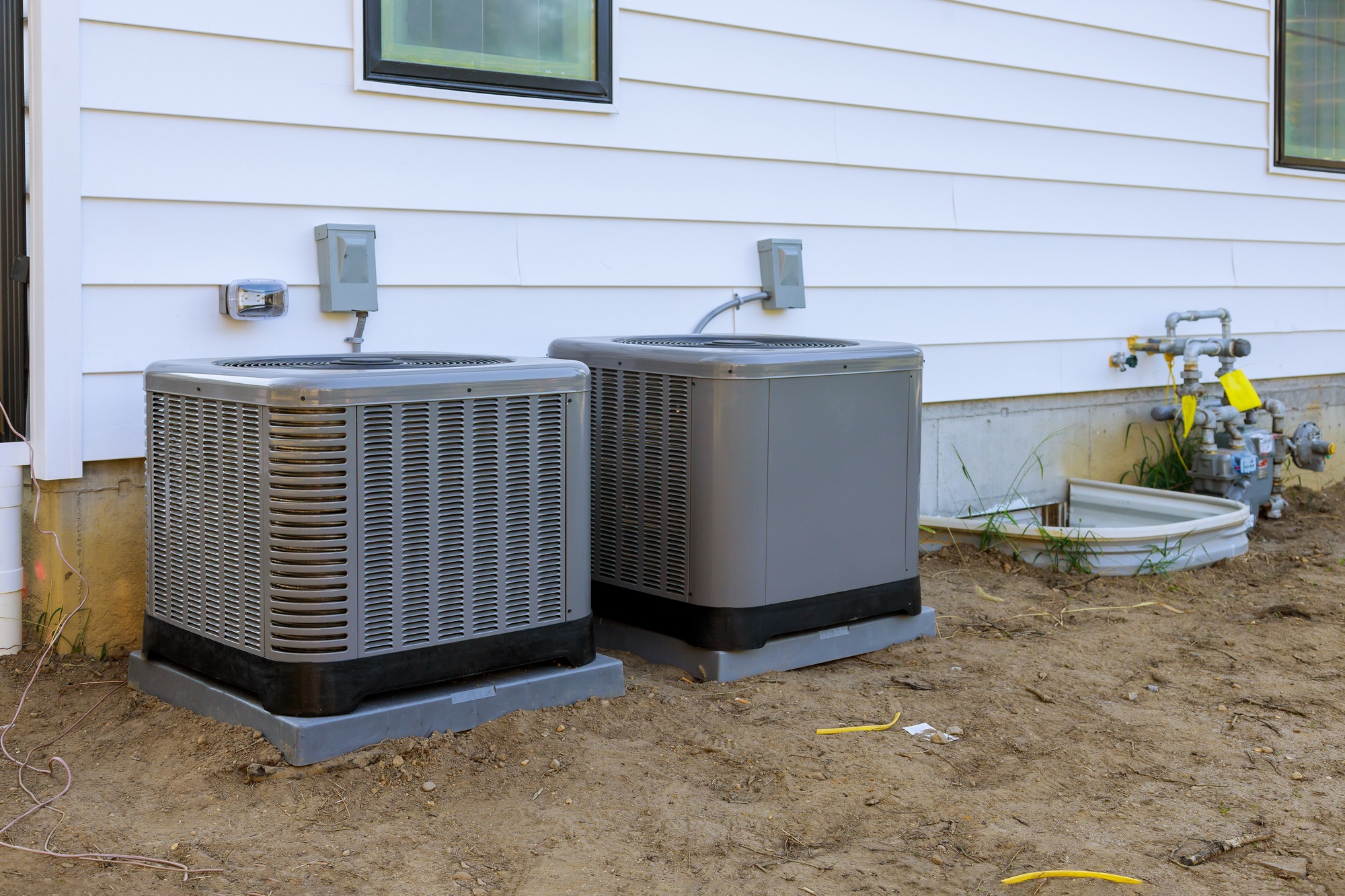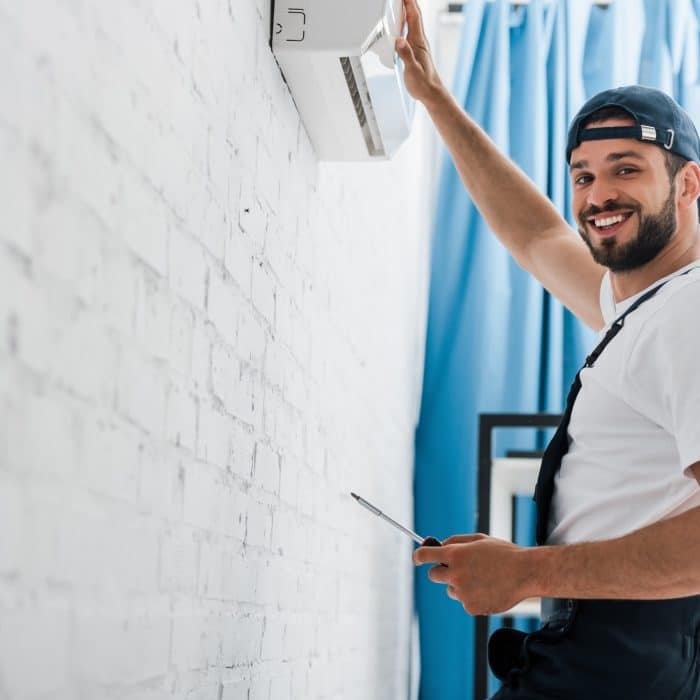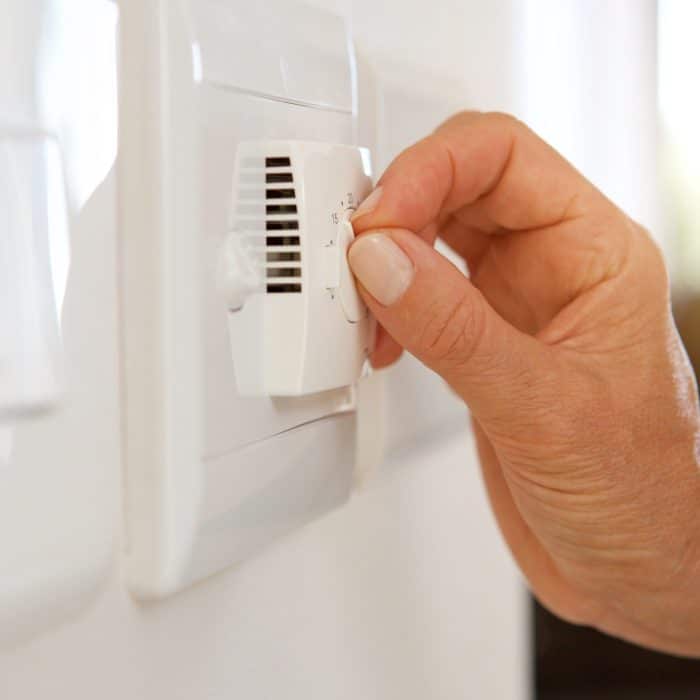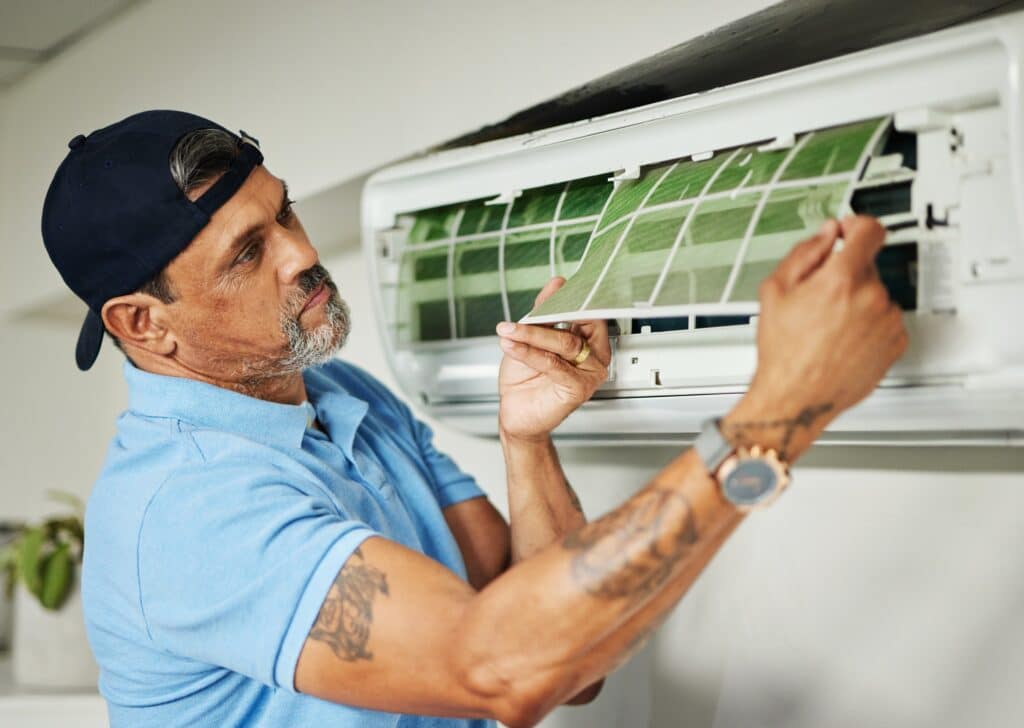
Embarking on DIY home improvement projects can be rewarding, but when it comes to HVAC repairs, knowing when to call in a professional is crucial. While some tasks, like cleaning the U-tube drain or air filter, can be handled independently, certain situations require the expertise of a licensed and certified HVAC technician. In this guide, we’ll explore when it’s best to seek professional assistance and avoid potential costly mistakes.
Recognizing the Need for Professional HVAC Services:
While DIY efforts can be admirable, certain signs indicate it’s time to enlist the help of an HVAC technician. Ignoring these signs may lead to further damage and costly repairs down the line. Here are some instances when professional intervention is necessary:
- HVAC System Malfunction:
- If your HVAC system fails to turn on despite checking the breakers or if it’s running but not adequately cooling or heating your home, it’s time to call a professional.
- Water leaks near the unit or continuous operation without achieving the desired temperature are also red flags that warrant expert attention.
- HVAC System Upgrade:
- Consider upgrading your HVAC system if it’s outdated, inefficient, or no longer functional. A professional technician can assess your needs and recommend energy-efficient options that align with your budget and requirements.
- Annual A/C or Furnace Tune-Up:
- An annual tune-up by a certified technician is essential for maintaining optimal HVAC performance and efficiency. During the tune-up, the technician will inspect the system, check electrical components, refrigerant levels, and ensure overall system functionality.
- Regular tune-ups help prevent costly emergency repairs, improve energy efficiency, and prolong the lifespan of your HVAC system.
Why Professional Assistance Matters:
While DIY enthusiasts may be tempted to tackle HVAC repairs themselves, certain tasks require specialized knowledge and training. Here’s why professional assistance is invaluable:
- Expertise and Training:
- HVAC technicians undergo rigorous training and certification to diagnose and repair complex heating and cooling systems effectively. Their expertise ensures accurate problem identification and efficient solutions.
- Safety and Compliance:
- Handling electrical components and refrigerants can pose safety risks if not done correctly. HVAC technicians adhere to safety protocols and industry standards, minimizing the risk of accidents and ensuring compliance with regulations.
- Preventive Maintenance:
- Regular maintenance by a professional helps detect potential issues early, preventing costly breakdowns and ensuring optimal system performance.
- Professional tune-ups also enhance indoor air quality, identify carbon monoxide leaks, and prolong the lifespan of your HVAC equipment.
While DIY initiatives have their place, HVAC repairs and maintenance require the expertise of trained professionals. Contact us at Generation Heating & Air for all of your HVAC needs!
